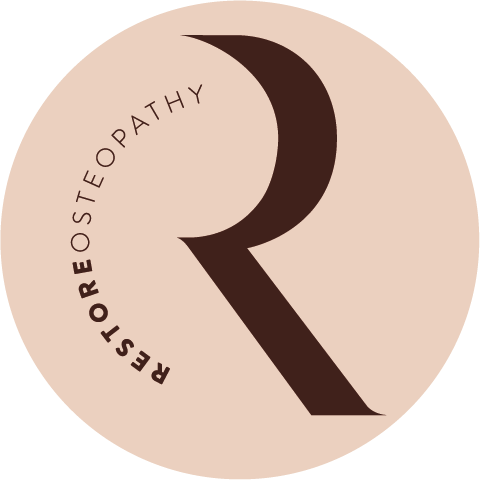The Benefits of Acupuncture (Chinese & Medical)
Acupuncture, a practice originating from traditional Chinese medicine (TCM), has gained significant recognition and popularity in recent years. It involves the strategic insertion of thin needles into specific points on the body, releasing tension, promoting blood flow and stimulating energy flow. Over time, two distinct branches of acupuncture have emerged: Chinese Acupuncture and Medical Acupuncture (also known as dry needling). In this post, we will explore the benefits of each.
Chinese Acupuncture:
Chinese acupuncture is deeply rooted in Traditional Chinese Medicine (TCM), a holistic healing system that aims to restore balance within the body. It revolves around the concept of Qi (pronounced "chi"), the vital life force believed to flow through energy pathways called meridians. Here are some notable benefits of Chinese acupuncture:
Promoting Energy Flow: By stimulating specific acupuncture points, Chinese acupuncture seeks to regulate the flow of Qi. This can help alleviate blockages, promote the body's natural healing abilities, and enhance overall vitality.
Holistic Approach: Chinese acupuncture views the body as an interconnected system, taking into account not only physical symptoms but also emotional and mental aspects. It aims to restore harmony and balance throughout the entire being.
Pain Relief and Musculoskeletal Health: Chinese acupuncture has been widely recognised for its ability to reduce pain and improve musculoskeletal health. It can effectively address conditions such as back pain, migraines, arthritis, and sports injuries by targeting the underlying imbalances contributing to the discomfort.
Stress Management: Chinese acupuncture works holistically to alleviate stress and anxiety. By promoting relaxation and regulating the nervous system, it helps restore emotional harmony and supports mental well-being.
Medical Acupuncture: Also known as Dry Needling
Medical acupuncture, sometimes referred to as Western acupuncture or dry needling, is a practice that integrates acupuncture techniques into mainstream medical settings. It combines the principles of Traditional Chinese Medicine (TCM) with a scientific understanding of anatomy, physiology, and evidence-based medicine. Read on for the benefits of Medical Acupuncture.
Similar to Chinese Acupuncture in providing pain relief, management of sports injury and stress management.
Integration with Healthcare Professionals: Medical acupuncture is typically administered by healthcare professionals, including osteopaths or physiotherapists. This integration allows for a comprehensive treatment approach, combining the knowledge and expertise of both traditional and modern medical practitioners.
Evidence-Based Practice: Medical acupuncture adopts a scientific approach, utilising clinical research and evidence-based principles to guide treatment protocols. This ensures that acupuncture interventions are supported by evidence and align with modern medical standards.
Chinese acupuncture and medical acupuncture offer distinct yet complementary benefits for individuals seeking holistic healing and symptom relief. While Chinese acupuncture focuses on restoring balance and promoting overall well-being, medical acupuncture integrates acupuncture into mainstream medical practices to provide targeted symptom management and enhance conventional treatments.
Whether you are seeking a traditional approach deeply rooted in Eastern philosophy or an evidence-based treatment within a medical setting, acupuncture has the potential to support your journey toward optimal health and well-being.
Please contact Daria by email at daria@restoreosteo.co.uk or call the clinic on 07712196105 to determine which approach best suits your needs and goals.

